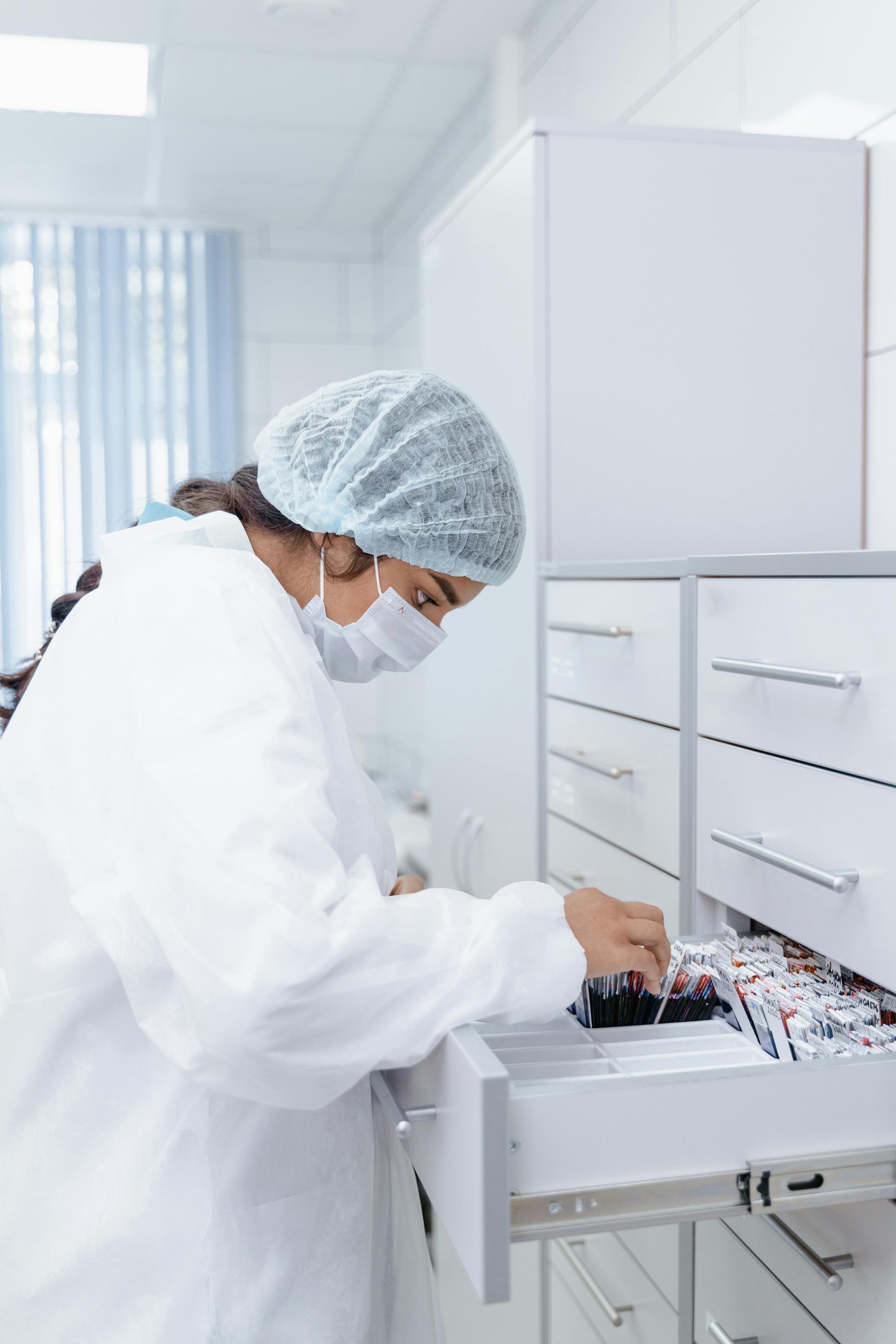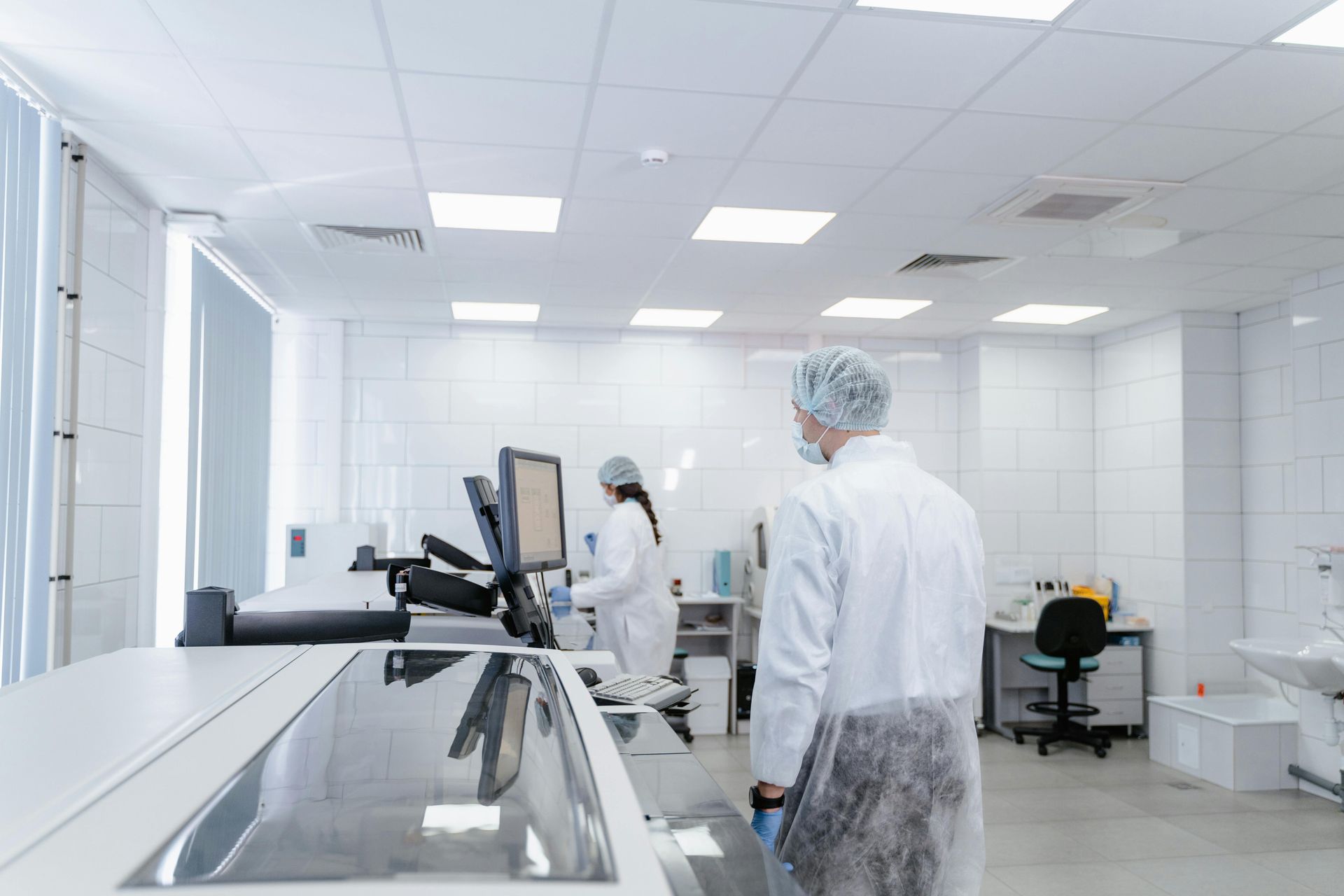How We Can Prepare the Pharmaceutical Supply Chain for the Coronavirus
Pandemics and their associated lockdowns, distancing measures, and economic interruptions can have massive implications for global supply chains. The pharmaceutical industry suffers this fate thanks to the recent COVID-19 coronavirus disease.
Many experts agree that the nation’s pharmaceutical supply chains are not prepared for this situation, but changes in public policy and actions on behalf of the industry can make a difference.
How Pandemics Negatively Impact Pharmaceutical Supply Chains
It’s no secret that COVID has damaged the global economy in many sectors, but specialized fields like medicine are especially vulnerable for a few reasons:
- Drug development is slow to respond to sudden changes in supply and demand because of complex manufacturing processes. These markets take approximately half a year longer than consumer-grade ones to accommodate large events like COVID.
- The workers in pharmaceutical companies are highly-skilled, so finding replacements is a challenge should any go absent. New employees must be given training to deal with challenging work environments.
- Reserve drug supplies in many hospitals will deplete more quickly than usual during the pandemic, making rationing necessary for many pharmaceutical companies. The United States Food and Drug Administration (FDA) maintains a list of drugs currently on shortage, which is expected to grow as demand rises while production capacity lowers.
There is no agreement on the best way to minimize the impact of supply chain disruptions. However, many experts in the field make the following suggestions.
Conservation of Resources
Data is the key to balancing the supply chain. Hospitals, clinics, and pharmacies should update manufacturers on current drug supply levels regularly. The FDA already has regulations in place for policies like this.
Optimize Production
Just as important as conservation is optimization. While collaborating with local governments, pharmaceutical organizations can make business decisions based on current needs in each region. This strategy mitigates “panic buying” and allows medicine producers to determine what drugs to make and where to send them.
Online Medical Assistance
Having online resources available to patients at home minimizes time spent in the hospital, reducing the use of medical supplies. New patients also won’t have to travel to receive care and risk contamination.
Digital Transformations in General
Drug manufacturing is currently plagued with slow monitoring and inefficient scheduling. A conversion to digital management would enable more advanced planning and faster, more flexible ways to optimize production lines.
Ensuring Authenticity
Counterfeit drugs disguised as trusted brands have always been an issue the World Health Organization has dealt with. It’s an even larger problem amid COVID-19, so medical businesses from hospitals to clinics must emphasize the use of product identifiers as asked by the FDA.
Investing in Education
Are you doing your part as an entity in the industry? One simple step you can take to make a difference is educating your organization’s staff on essential topics from medical device manufacturing to compliance and regulation.
Are you interested in learning more about how your organization can improve its supply chain? Check out our pharmaceutical and biotech training programs. You can contact the Center for Professional Innovation and Education today by calling 1-610-648-7550 or emailing them at info@cfpie.com.
Blog Categories
Stay Informed


